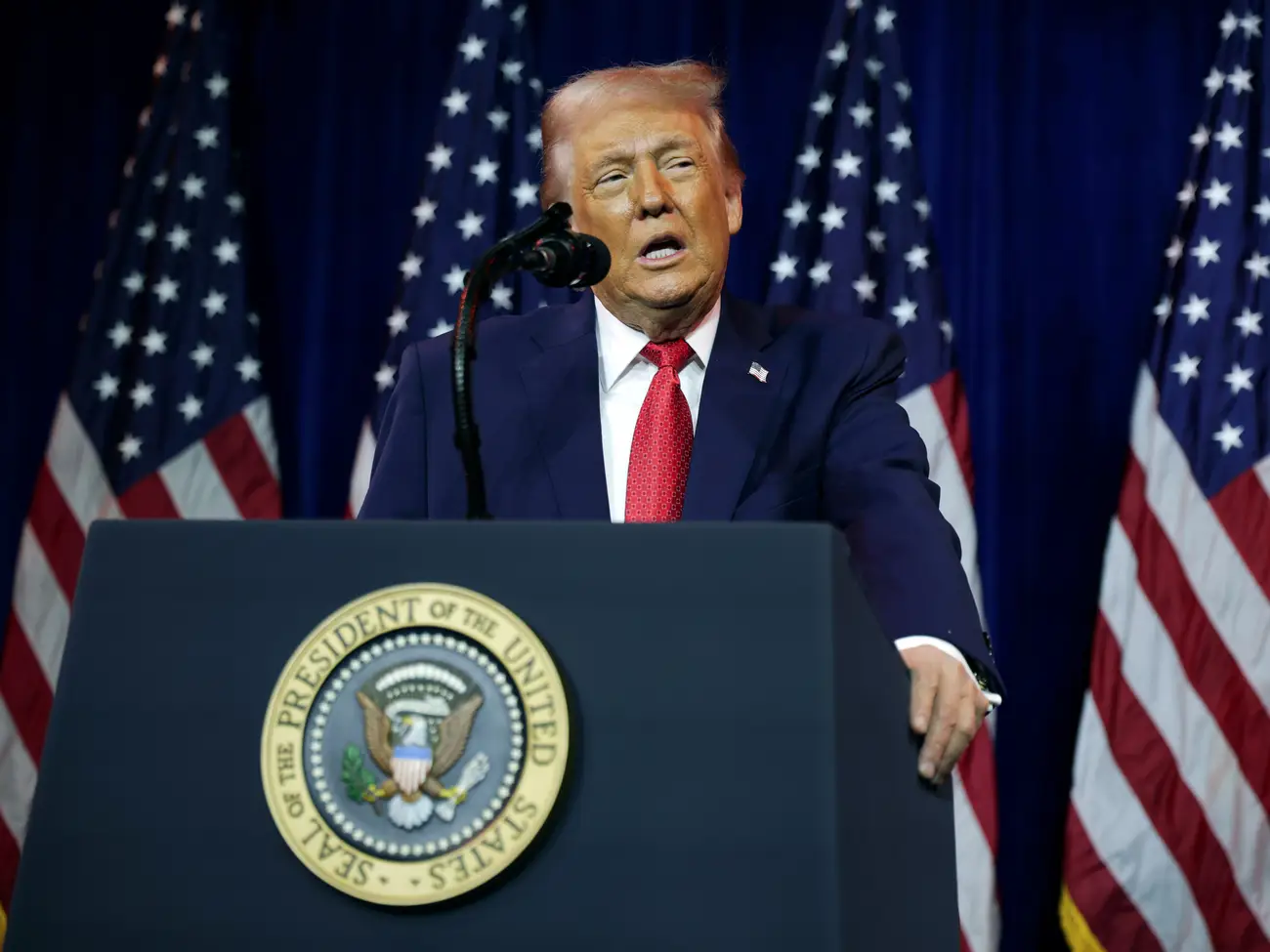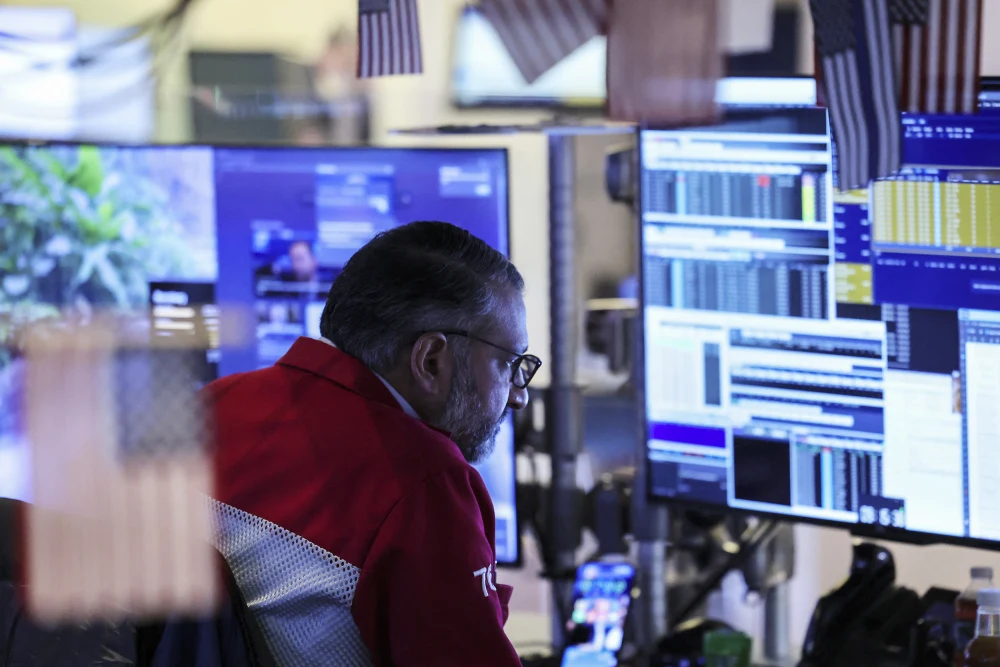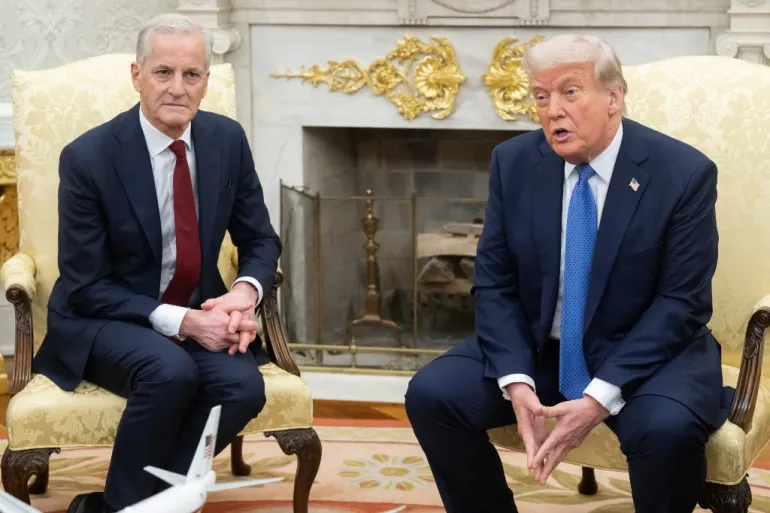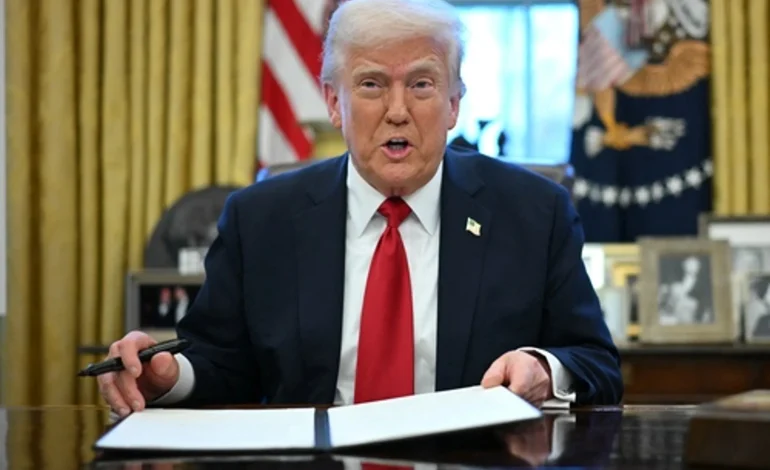President Donald Trump’s promise to lower consumer prices upon taking office has faced growing scrutiny as the impact of his administration’s tariff policies becomes increasingly apparent.
In a recent interview on NBC’s “Meet the Press,” Trump stated that he “couldn’t care less” if his newly implemented tariffs led to higher prices for foreign-made cars. This statement stands in stark contrast to his initial pledges, where he assured the American public that prices would fall once he assumed office.
Many have expressed concern over the potential economic consequences of Trump’s tariff policies, particularly his decision to impose a 25% tariff on imported cars. Analysts from institutions like the Yale Budget Lab have projected that these tariffs could increase the price of an average new car by 13.5%, or approximately $6,400.
This move has sparked frustration among consumers who are already grappling with rising prices. One individual remarked:
“It’s troubling that the president seems indifferent to the cost increases these tariffs could bring.”
Recent reports show that consumer sentiment has been declining, with the University of Michigan’s Consumer Sentiment Index dropping by 12% in March.
Despite the potential negative impact on consumers, Trump and his economic aides, including White House adviser Peter Navarro, have repeatedly hailed tariffs as a mechanism that will lead to economic prosperity. Navarro recently claimed, “Tariffs are tax cuts,” a statement that has not been well received by many who believe the opposite is happening. As tariffs push prices higher, questions have arisen about when American consumers will see the promised benefits of these policies.
Additionally, the automobile industry is bracing for the economic fallout from the tariffs. Swamy Kotagiri, CEO of the major auto parts supplier Magna, warned that the additional costs resulting from tariffs could lead to significant price hikes for consumers, with some vehicle prices increasing by thousands of dollars.
“These costs will be passed on to consumers,” Kotagiri said. “There is no easy way to absorb this, and we will see reduced demand for vehicles as a result.”
Meanwhile, Magna and other manufacturers are trying to adapt to the changing landscape by adjusting their production strategies, but small and mid-sized suppliers, who lack the flexibility of larger companies, are facing mounting financial pressure.
While tariffs were originally sold as a way to protect American jobs and reduce trade imbalances, their broader effects on inflation and consumer prices have become a central point of debate. Peter Navarro’s assertions about tariffs helping the economy have left many consumers skeptical, with one observer quipping:
“When will we see our tax cut from all these tariffs?”










The latest news in your social feeds
Subscribe to our social media platforms to stay tuned